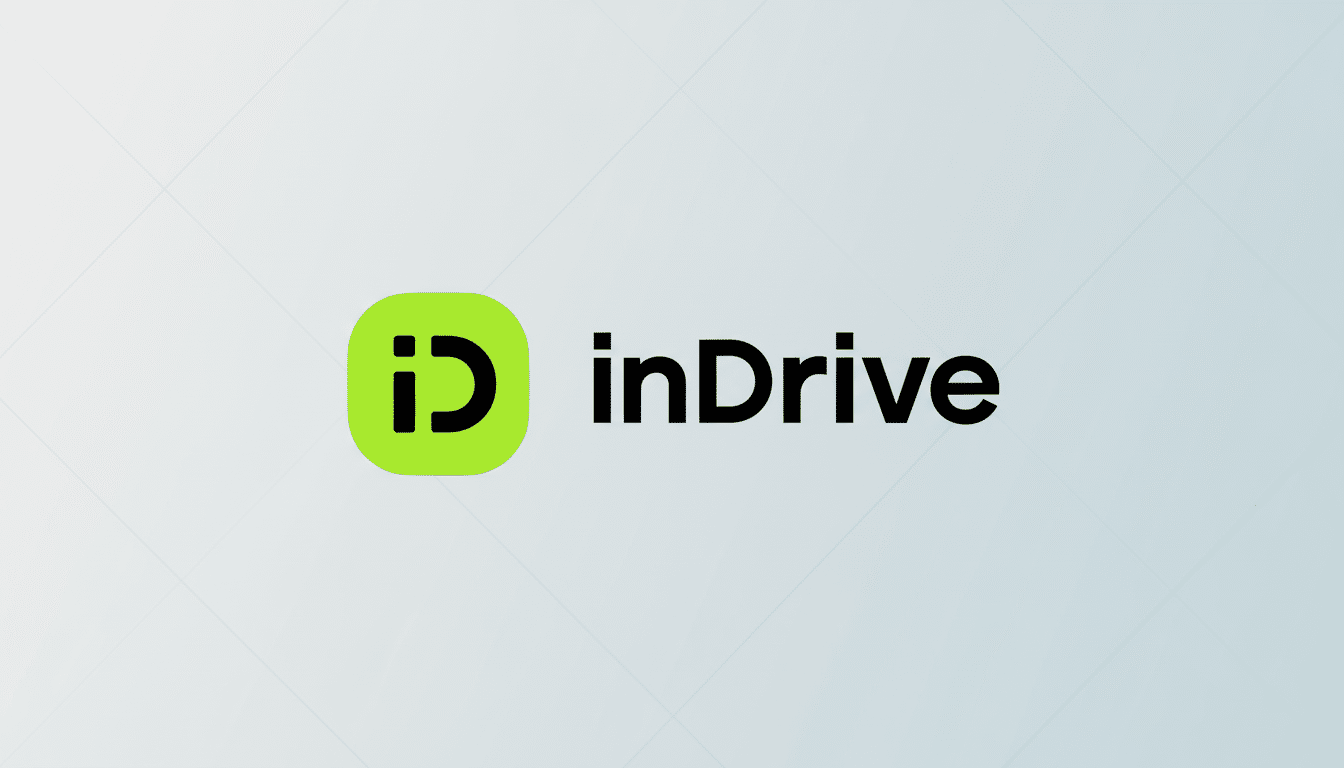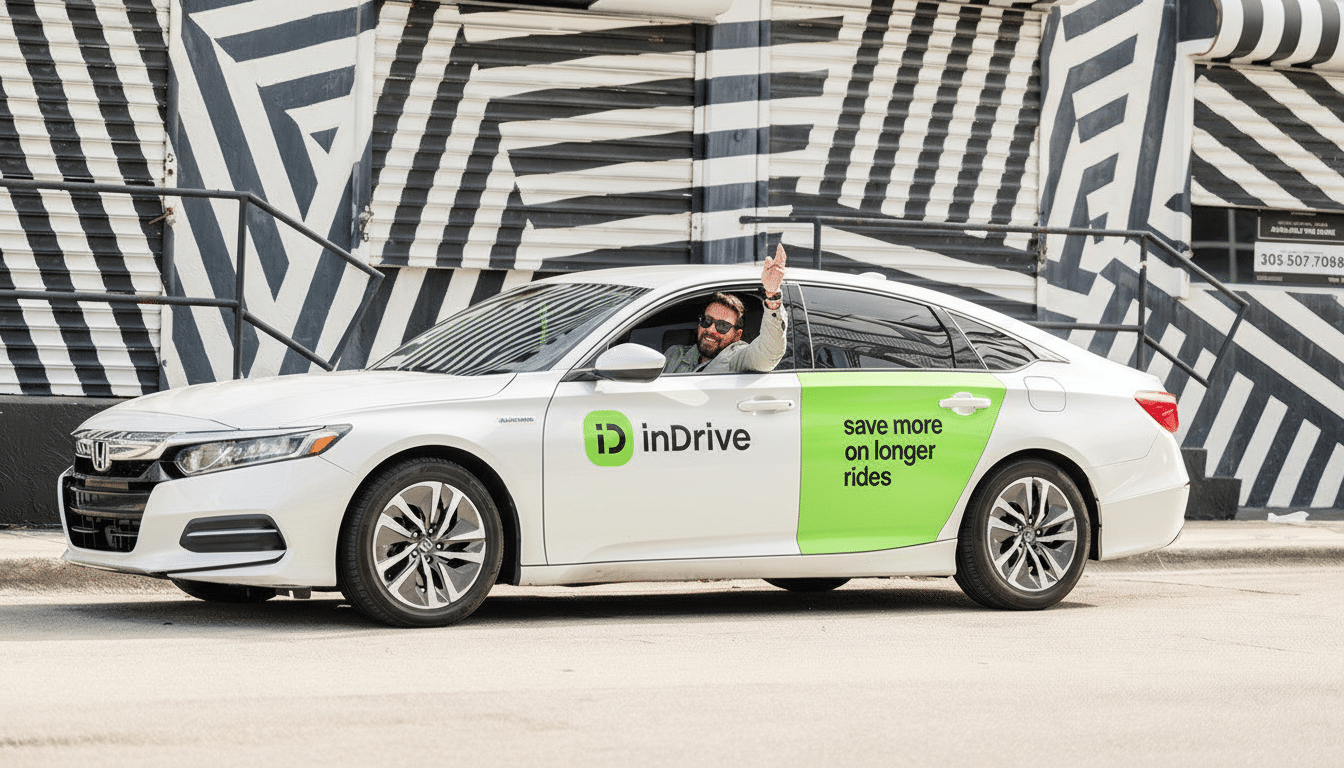inDrive is expanding on its auction-style ride-hailing origins to evolve into a general purpose platform for everyday service provision where price and access counts, beginning with the most relevant markets. The company is testing grocery delivery, payments-like flows and mobility add-ons with a playbook that’s catered to “frontier” economies instead of flush megacities.
The strategy relies on inDrive’s outsized potential for distribution and frequency. The app has been downloaded hundreds of millions of times and has facilitated billions of trips and deliveries, according to company figures and recent Data. use rAnKing of ai projects, making it among the most installed ride-hailing apps in the world. The thesis: More daily touchpoints equals better retention and improved unit economics.

A super app for frontier markets
Most experiments that experiments with the “everything app” have pursued higher-income users. inDrive is going after the other end of the spectrum — value-for-money customers in a world in which transportation, delivery and commerce are still under-penetrated. Its signature innovation, rider-driver price negotiation, built trust with users who are trying to stretch budgets; the same playbook now shapes how it prices and fulfills essentials.
The company says its delivery business has grown to tens of millions of orders over the last year and has had powerful momentum in the recent quarters. Grocery is the next logical step after rides as it increases the weekly frequency and the basket data, two foundations super apps are built on to cross-sell. GSMA and World Bank research has shown that mobile-first adoption in the developing world thrives when services combine payments, transit and commerce into a single, lightweight app.
Why Kazakhstan is the launchpad
inDrive’s grocery launch so far touched Kazakhstan, where it has thousands of SKUs available for delivery in roughly 15 minutes to certain parts of the city. In its early pilot programs, it delivered a net promoter score of more than 80 and a repeat behavior of about five grocery orders per user per month, according to the company. To keep up with demand, inDrive has expanded its local dark-store capacity by close to a third.
There is a larger ecosystem story, however. A Dealroom analysis created with the Astana Hub notes that Kazakhstan’s tech sector has seen exponential growth in recent years, as use of platforms has doubled and local spending is moving online. Against that backdrop, an iPhone-led cost-cutting campaign — coupled with a fragmented grocery landscape and price sensitivity — leaves room for an operator to enter the market that is low in cost or high in reliability but not both.
inDrive pitches its value proposition as an “Aldi for online groceries”: curated, low-priced baskets, and tight last-mile operations rather than endless assortment. If the model proves out, the company hopes to take it to other priority markets in Latin America, North Africa and South Asia, including Brazil, Colombia, Egypt, Mexico, Pakistan and Peru.
Can inDrive keep going where others fizzled?
Outside of China, super apps are hard to create because WeChat and Alipay had the benefit of highly unusual network effects. There are partial models in Southeast Asia in Gojek and Grab, but they both required years of subsidy-fueled growth and deep integration of payments to scale. The Middle East’s Careem also reveals an alternate route through partnership in its “mini app” ecosystem. It is a reversal, meanwhile, for some of the fast-delivery players like Getir and JOKR, who have pulled back as quick-commerce economics tightened.

As inDrive sees it, it has a structural advantage: a massive driver and courier supply network, a user base that’s used to haggling over price, and an asset-light model that empowers it to flex take rates and payout schedules by city. The company is also in business in freight and same-day delivery, so there’s cross-use for couriers that can help smooth peak demand and reduce per-order costs.
Competition is real. Uber has piled its food delivery on top, and in Latin America, Rappi, iFood and Mercado Libre in particular set a high bar for speed and selection. InDrive’s Vice is focus: For customers willing to trade down in price and prioritize transparent fees over promotions that vanish after subsidies expire.
Playbook: partner-first, city-specific
InDrive says it will build only in spaces where it has a clear operational advantage and partner elsewhere, rather than bolting on every service. It’s already backed local grocery upstarts like Krave Mart in Pakistan, and is also looking at ways to “layer in” micro-mobility and public transportation integrations to spread coverage without the heavy capex that comes with it.
City-level design comes across several issues. Pricing, driver payouts, and in-app take rates can be optimized for local demand behavior — especially in freight and courier categories where cash flow to workers is going to be hugely important. This modularity — which borrows pages from Careem’s mini apps or Grab’s city ops playbooks — hopes to sidestep the “one-size-fits-all” trap that sunk previous super app attempts.
Risks and what to watch
Grocery delivery is not accustomed to forgiving, by the case spoilage, picking mistakes and underused dark stores can erode margins. There is also growing regulatory scrutiny around worker protections and platform safety. inDrive says it will focus on safety training, customer support and clear dispute resolution as it scales into new services.
The next 12 months will be a proving ground, for whether the frontier-market blueprint works at scale. If inDrive can keep delivery times fast, stick to everyday-low pricing, and convert riders into repeat buyers — all while avoiding a jump into the subsidy pit — it may unlock a sustainable version of the super app model that has stymied many Western rivals.

